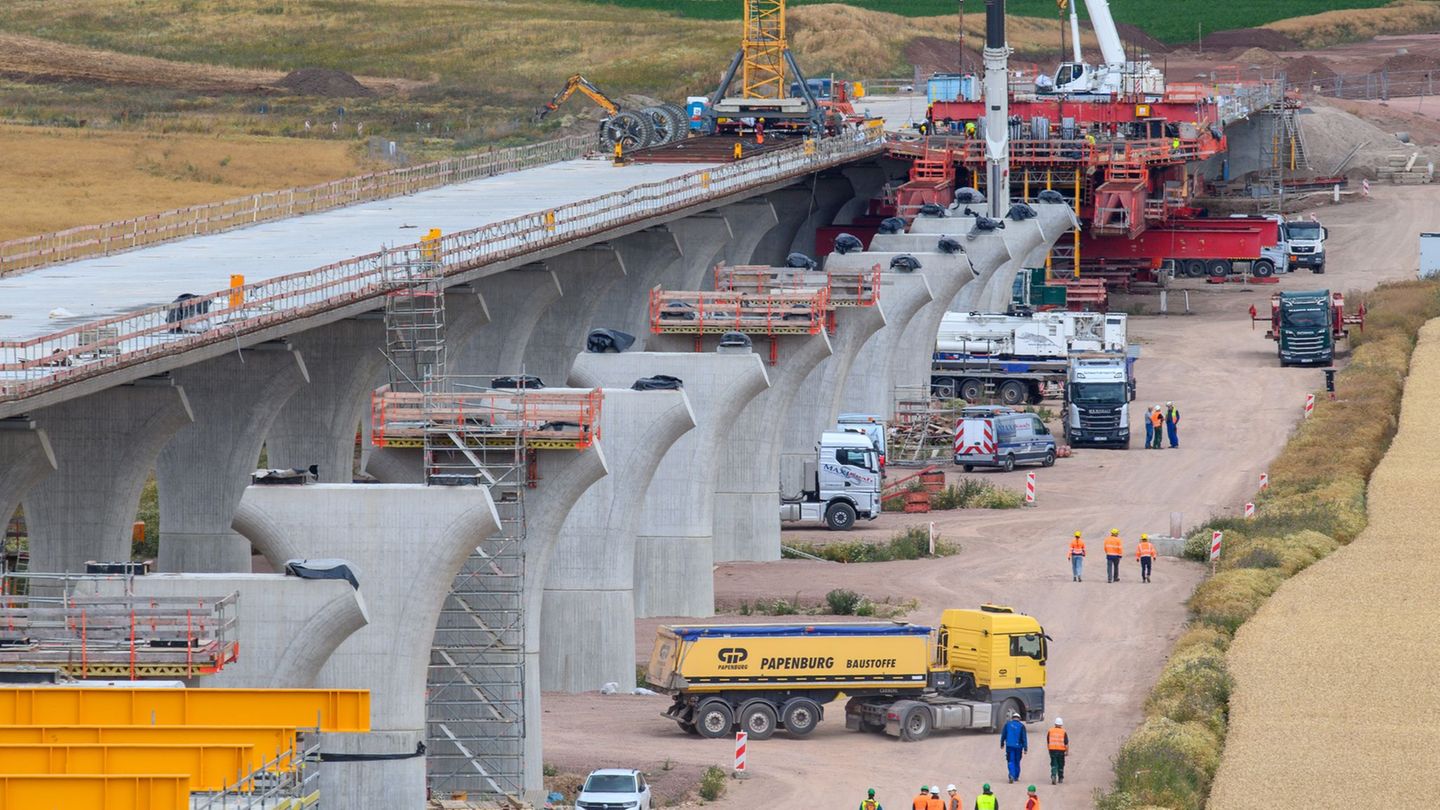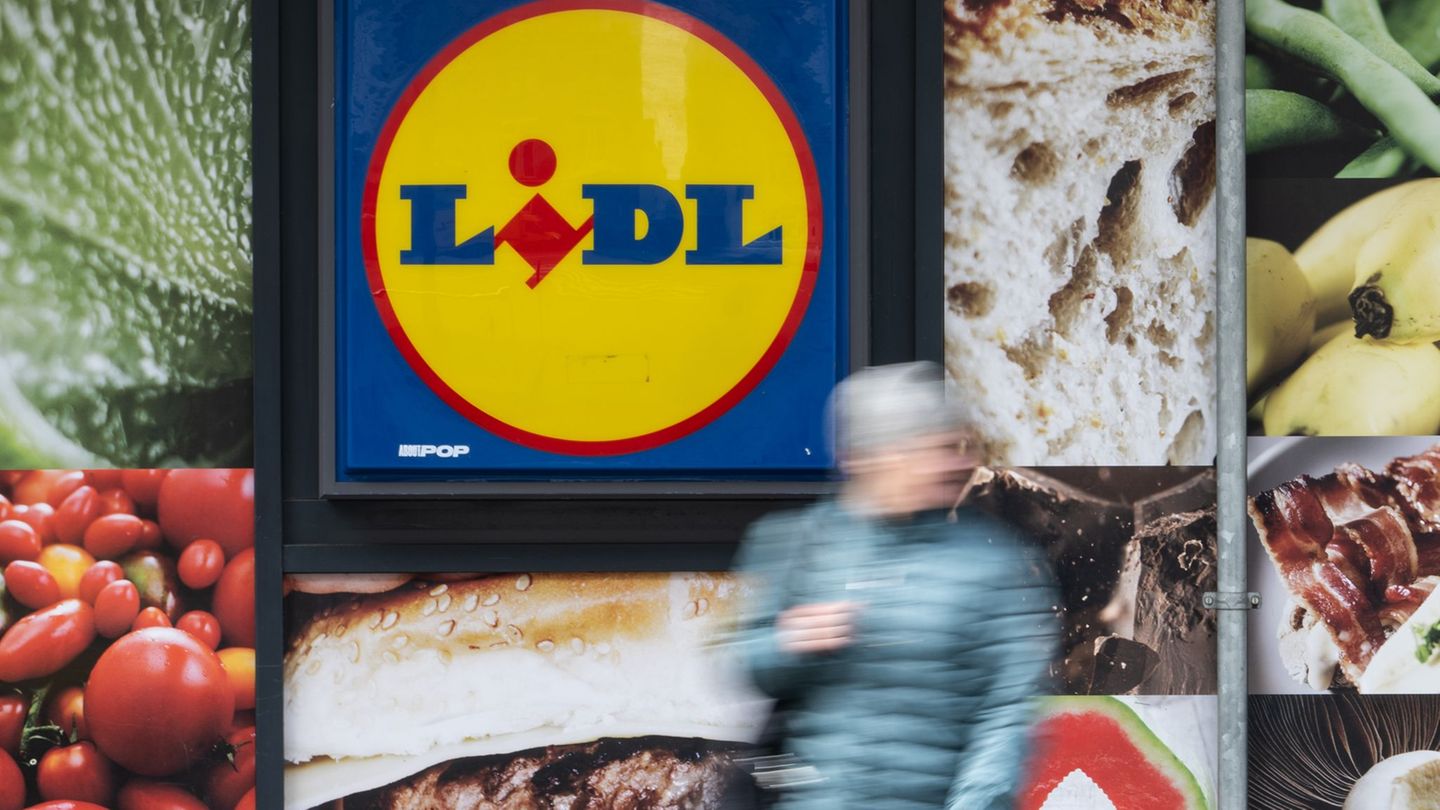More climate protection or swan song for the industrial location? Opinions differ on CO2 specifications for vehicles. The EU Parliament has probably sealed the end for the combustion engine.
New cars with combustion engines should only be allowed to be sold in the EU for around twelve years, and trucks and buses should emit drastically fewer greenhouse gases by 2040. In Strasbourg, the EU Parliament approved the new CO2 specifications, according to which only new cars may be sold in the EU from 2035 that do not emit any greenhouse gases during operation. Shortly thereafter, the EU Commission presented plans to make significantly stricter requirements for so-called heavy commercial vehicles.
Specifically, the plans envisage a reduction of 90 percent by 2040 compared to 2019, as the commission announced. “In 2050, almost all vehicles on our roads must be emission-free,” said Climate Commissioner Frans Timmermans. By 2050, the EU wants to become climate-neutral – i.e. only emit CO2 that can also be bound again.
suggested intermediate goals
As interim targets, the Commission proposes that the CO2 emissions of heavy commercial vehicles should be reduced by 45 percent by 2030 and by 65 percent by 2035. In 2019, the EU agreed for the first time that it would be mandatory to specify how much CO2 heavy commercial vehicles are allowed to cause. The EU states and the European Parliament still have to negotiate a compromise on the proposals.
When it comes to the requirements for cars and vans, the two institutions are already so far: negotiators had already agreed on the compromise that has now been approved in October. The MEPs now formally approved the agreement, with 340 votes in favour, 279 against and 21 abstentions. The member states still have to agree, but this is considered a formality, just like Parliament’s approval.
What the factions say
Social Democrats celebrated the agreement as a success for more climate-friendly road traffic. “The decision secures the path to switching to cars without internal combustion engines, which car manufacturers have been doing for a long time,” said the climate policy spokesman for the SPD parliamentary group, Tiemo Wölken. At the same time, the decision ensures that key competencies such as the production of battery cells are kept in the EU.
The CDU MEP Dennis Radtke criticized the decision: “Greens, liberals and left voted in the EU Parliament today for the ban on combustion engines, although they know that they are endangering around 1.4 million jobs in Europe.” The FDP MP Jan-Christoph Oetjen emphasized: “The final end of the combustion engine is likely with the assumption.”
It should be possible to review the compromise again in 2026. There had also been a long-standing dispute in the federal government about the question of the combustion engine off. Mainly Greens and Liberals represented different positions. The green-led Ministry of the Environment had spoken out in favor of a clear end to combustion engines.
Are e-fuels an option?
The compromise paper contains a request to the EU Commission to check whether so-called e-fuels for cars could be an option in the future. However, Oetjen said on Tuesday that the Commission had not yet given the impression of seriously launching a proposal.
The FDP in particular had pushed for the test request: “In order to achieve our climate goals, we have to keep all options and technologies open,” said Federal Transport Minister Volker Wissing (FDP) after the vote in the EU Parliament. “Both for the existing fleet and for new vehicles, e-fuels offer climate-neutral mobility with combustion engines.”
The German Association of the Automotive Industry (VDA) also considers synthetic fuels to be essential in order to achieve the ambitious climate targets. “But instead of promoting e-fuels and thinking big, Europe has so far ruled out this technology and neglected the status of achieving the climate goals in transport. That is unrealistic and blocks opportunities and opportunities for us,” said VDA boss Hildegard Müller .
Green MP: “Transport sector a problem child”
EU climate commissioner Frans Timmermans sees things differently. The fuels should be used where they are really needed, especially in aviation. “We shouldn’t use them for road traffic.”
For Green MEP Michael Bloss, the Commission’s proposals on trucks and buses don’t go far enough. Christian Democrats and Liberals apparently have no intention of doing anything to change the fact that the transport sector is a problem child. “Here, too, the industry needs clarity and an end date for the internal combustion engine for trucks.”
Source: Stern




